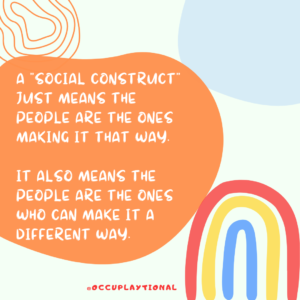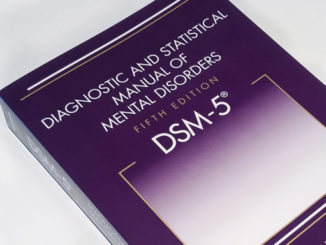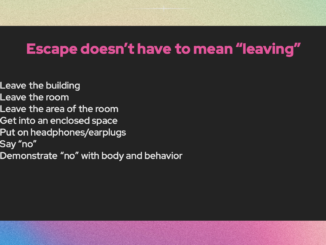I remember when I first started being exposed to the idea that disability could be largely, if not entirely, a social construct. I thought of it as kind of a nice, “politically correct” idea, and I could understand the framework that it was taking and was happy to accept it and espouse it externally.
It has taken a few years of sitting in this day in and day out, in work and at home and in hobbies, for me to come to a place of slightly more radical acceptance and belief.
I say that as a sort of disclaimer because I know that it might sound wild to call disability a social difference, an “othering”, a marginalization, rather than some kind of inherent deficit. Especially if you don’t know or love any disabled people personally in your life — especially if they are, to you, still something “other”. (Even if you’re well-meaning and would be kind to anyone you came across who was disabled!)
But it’s really not that radical when you think about it. There’s an old saying that “in the land of the blind, the one-eyed man is king”. But in an actual land of the blind, nothing would be set up accessibly for sighted people. The one-eyed man, if he was coming from a land of two-eyed men, might be able to serve as a decent go-between from country to country. But if there was literally just a land of blind people and one of them had a kid one day who had one eye, that kid wouldn’t be at some kind of advantage. There’s no inherent advantage to eyeballs over no eyeballs from a moral perspective, from the universe’s perspective. There is only an advantage environmentally.
And the environment was built by people with eyeballs. The people are the ones who made it that way.
That’s what “a social construct” means. It means the people are the ones making it that way.
It also means that the people are the ones who can make it a different way.

And when I say “the people”, to be clear, I mean the majority. I mean whoever is at the top, whoever holds the power, whoever gets to build the systems. And sometimes that means, more precisely, the ancestors of the people at the top — if we’re just doing things “the way they’ve always been done” instead of taking them in our hands and turning them into what makes sense now, now that we know better, now that we have the capacity to do better.
There are some disabling symptoms that are inherent to a person’s body and not enforced or exacerbated by society. Pain in someone’s body might be like this. A person’s muscles making involuntary movements or tics that they, in their mind, wish would stop happening, might be like this. And sometimes even these are made worse by society and environment. (Imagine someone who technically *can* walk, but has pain in their back and legs when walking long distances…and the only parking spot they can find is half a mile away from wherever it is they’re trying to go.)
But many, many, many more are simply societal in basis, rooted in the way we’ve made the world. What amount of “learning disability” is truly a complete and utter inability to learn the amount of basic knowledge needed to navigate the world, versus what amount is initiated or exacerbated by not being able to fit into the school model of what learning *should* be and when it *should* occur? What amount of “inability to live independently” is based on inability to care for one’s self versus inability to hold a high-enough paying job in a ruthlessly capitalistic society without accommodations?
And then you add in factors like race, class, sex, gender — any other marginalizing conditions — and the intersectionality of these factors compounding means that the person gets pushed farther and farther from what society ever expected them to be. More and more dis-abled. Not because they weren’t able, but because society wasn’t willing to able them. They could not jump a hurdle yea high, so, they’re left out.
Autistic people have differing opinions on the words “disabled/disability”. Some Autistic people use the term as a self-descriptor. Others bristle at it and don’t think Autism belongs under the umbrella. That is why a lot of my language in this post has not been in relationship to autism specifically, but only in relationship to the larger conversation of disability in society.
I like the way that Chris from Autistic Not Weird puts it in a blog post, in response to things like “autism isn’t a disability it’s a different ability” — another type of way I hear it is “This is [Name], who is [trait], [trait], and just happens to have autism”. I hate that “just happens to” phrasing. Nothing as foundational to who you are is something that “just happens to” be…it’s foundational to who you are.
“It’s entirely possible to be disabled and wonderful at the same time, so why are we afraid of autism and disability appearing in the same sentence?”



